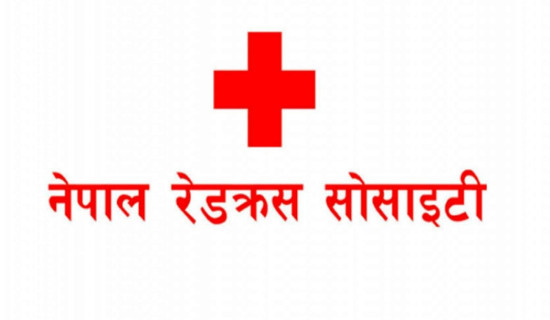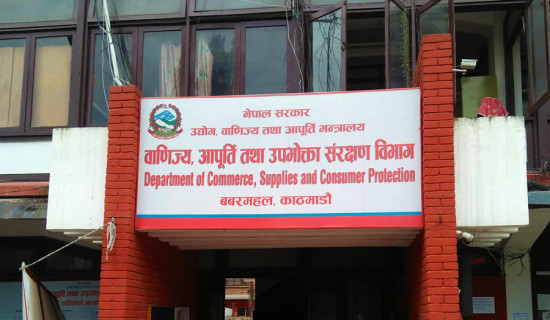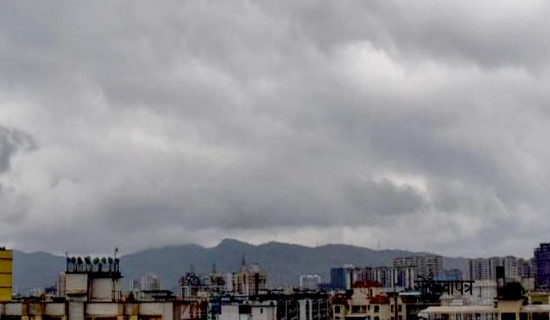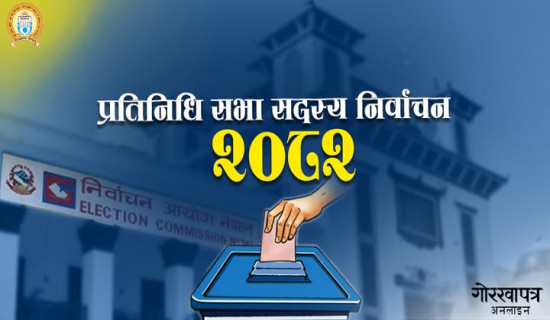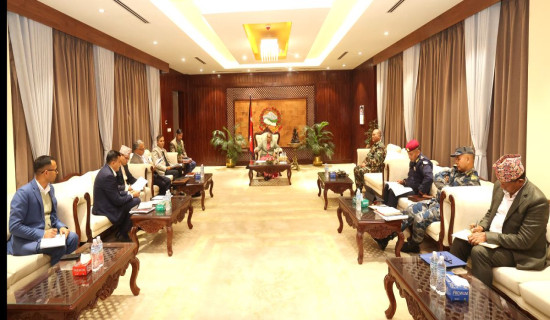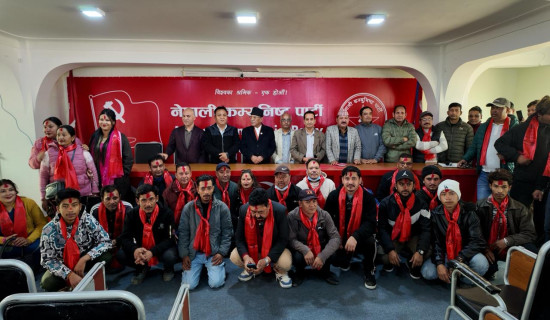- Wednesday, 25 February 2026
China files WTO suit against EU over tariffs on Chinese EVs; ‘Move may prompt changes in discussion mechanisms within bloc’
By Liu Yang and Chi Jingyi, Global Times, Aug 10: China on Friday initiated dispute settlement proceedings against the EU's provisional anti-subsidy measures against Chinese electric vehicles (EVs) at the WTO to safeguard the interests of its EV industry's development and global green transition cooperation, China's Ministry of Commerce (MOFCOM) said on Friday.
Experts said that the move suggests that China has legitimately resorted to the multilateral mechanism to address the China-EU dispute over provisional tariffs on China-made electric cars. Mediation through the WTO could lead to some new changes in discussion mechanisms within the bloc, they noted.
Industry insiders also urged the EU to face up to healthy competition with China in the EV sector and ramp up green cooperation, in order to maintain the stable development of bilateral economic and trade ties as well as jointly address climate change.
According to the MOFCOM official website, the ministry noted that the findings in the EU's preliminary ruling lack factual and legal basis, seriously violate WTO rules, and jeopardize the overall situation of global cooperation in addressing climate change.
We urge the EU to immediately rectify its wrong practices and jointly safeguard China-EU economic and trade cooperation and the stability of the EV industry and supply chains, said the ministry.
"The MOFCOM's move is a legitimate response by China to the EU's investigation and subsequent decision to impose provisional tariffs on Chinese EVs against WTO rules. It also shows that China uses the multilateral platform to resolve bilateral trade disputes, which will help keep the bilateral economic and trade relations on track," Jian Junbo, deputy director of the Center for China-Europe Relations at Fudan University's Institute of International Studies, told the Global Times on Friday.
Jian noted that China is taking diversified approaches to addressing the issue, in order to avoid bringing things to an impasse.
"Mediation through the WTO indicates China's desire to resolve the dispute started by the EU through talks and minimize its harm to car companies in both countries, as the cooperation between Chinese and European carmakers has become inextricably intertwined," Zhang Xiang, secretary general of the International Intelligent Vehicle Engineering Association, told the Global Times on Friday.
China's move comes after a Financial Times report on Monday said that Valdis Dombrovskis, the European commissioner for trade, said EU member states are likely to support the imposition of proposed tariffs on Chinese EVs in November.
Experts noted that Dombrovskis' remarks also sent a signal that the EU is encountering some difficulties in pressuring certain members to formulate a united supporting stance on additional tariffs on Chinese EVs, as the interests of some member countries, such as major auto producer Germany, and Hungary, which is a major recipient of Chinese investment including from BYD, apparently stand in contrast to EU tariff hikes.
"The MOFCOM's action may have some impact on the EU's consideration on whether to impose the proposed tariff rates in November. Taking the issue to the multilateral platform for mediation may stimulate different ideas among different EU member states, which may lead to new mechanisms for discussion within the bloc," Jian said.
Cui Dongshu, secretary-general of the China Passenger Car Association (CPCA), said that the EU's unreasonable tariff measures against China's EVs are mainly aimed at curbing the development of Chinese electric carmakers in the EU, so as to protect its backward industry, which has subjected Chinese EV enterprises to unfair treatment.
The EU is coming under increasing pressure from the US government and has rolled out policies to curb the development of China's new-energy vehicle industry. However, the EU should know that scrapping the provisional tariffs is of great benefit to China-Europe trade cooperation, Zhang noted.
"The entry of Chinese EVs into the European market can help further accelerate the electrification process of the auto industry in Europe and make its industrial layout more optimized. At least Chinese EVs give European consumers more choice," said Cui.
"The EU should see that trade protectionism does not help competition in Europe's auto industry, and win-win cooperation is the right way to go," Jian noted.
He Yongqian, a spokesperson from MOFCOM, said in July that the ministry hopes the EU will face the fact that the competitive advantages of Chinese EVs do not come from subsidies, that China-EU industrial cooperation in the auto sector is beneficial for shared development, and that the EU's industry opposes trade protectionist measures. "We hope the EU will make reasonable, objective decisions that are truly based on facts and rules," He noted.
Despite rising protectionist pressure from some Western countries, China's NEV sector saw a good performance in its sales and exports in July.
Retail sales of NEVs rose 36.9 percent year-on-year to 878,000 units in July, according to statistics released by the CPCA on Thursday. China's domestic sales of new-energy passenger cars surpassed those of gasoline-powered cars for the first time that month, showcasing the resilient growth momentum of the NEV industry and strongly refuting allegations of so-called overcapacity.
In July, China's NEV exports reached 92,000 units, up 1.3 percent year-on-year. Tesla exported 27,890 China-made NEVs in the same month, a significant increase from the June figure of 11,746, which highlighted the strength of China's NEV supply chain and its role in enhancing the global competitiveness of foreign brands.







-square-thumb.jpg)


